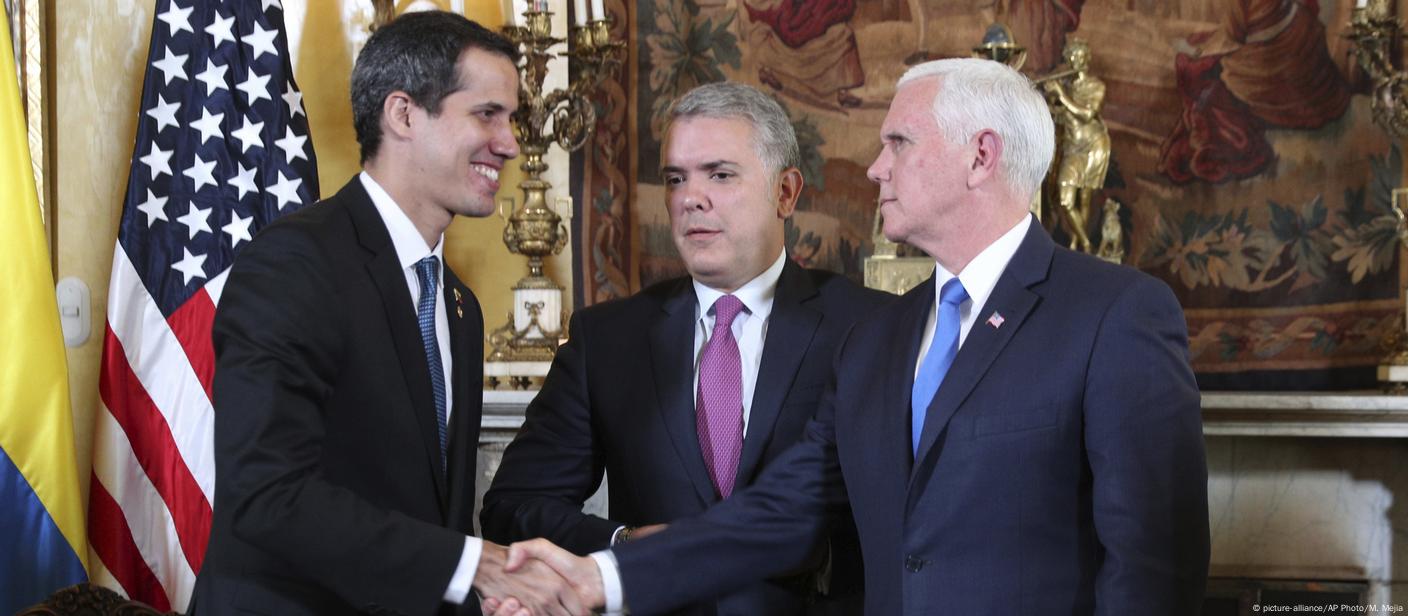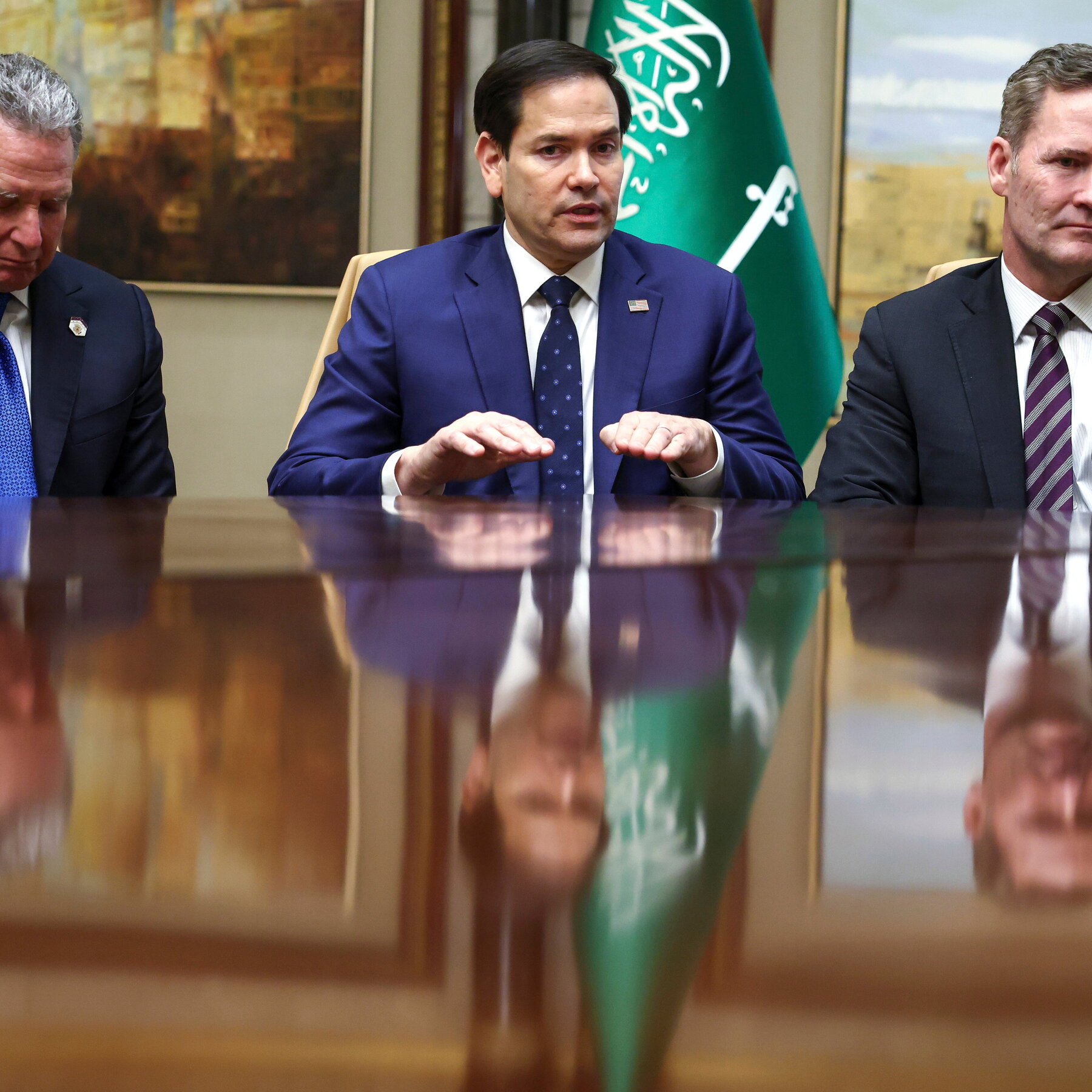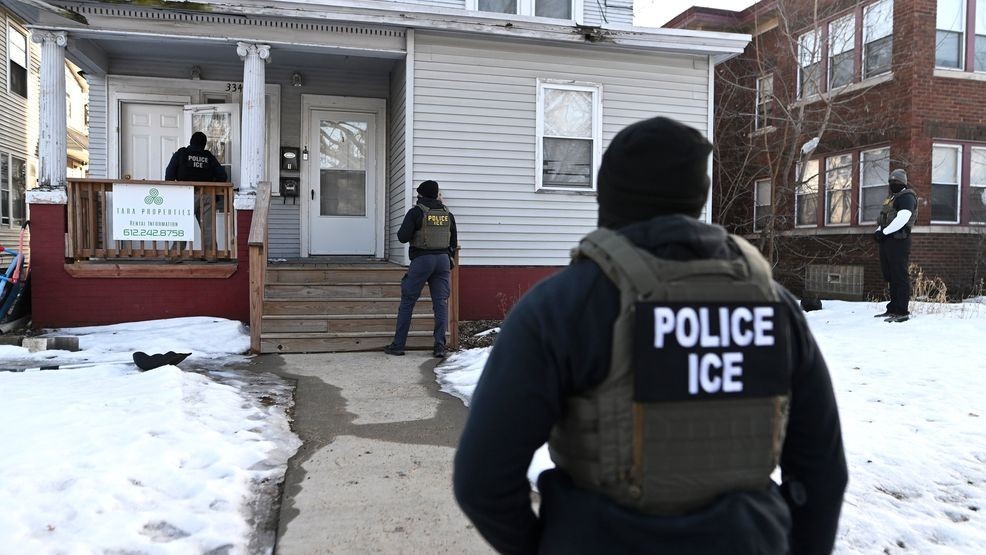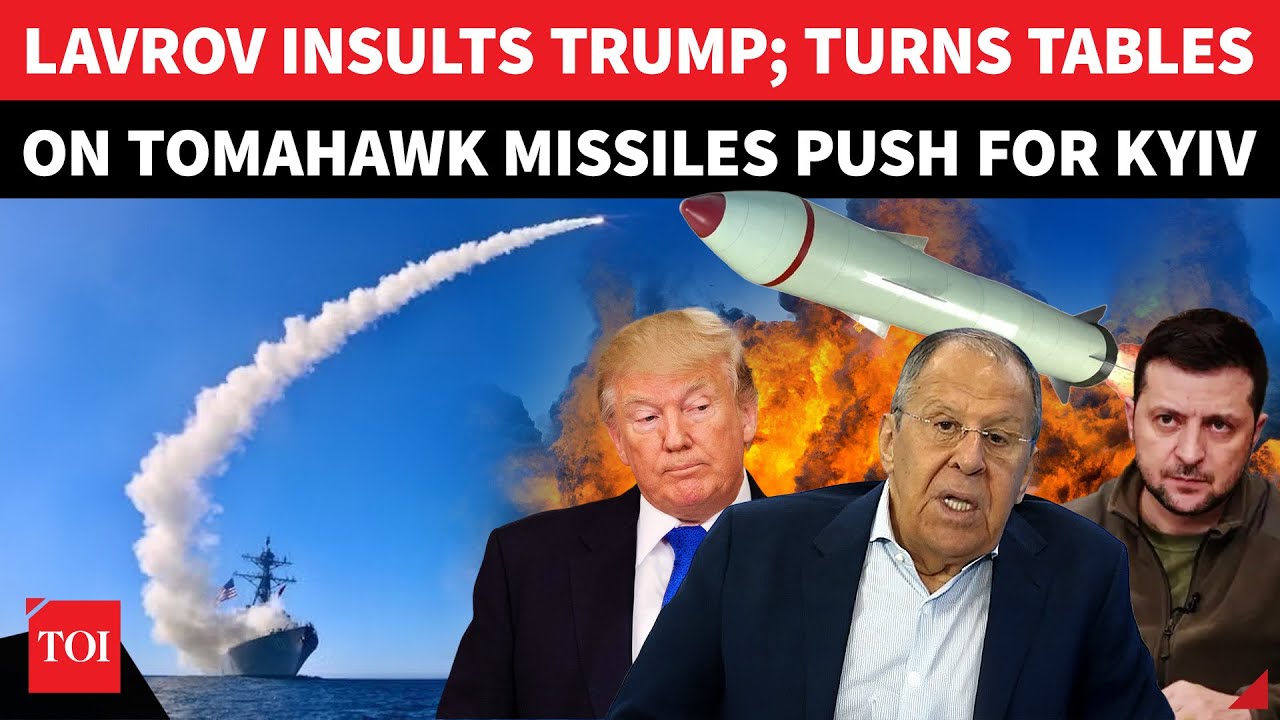The Trump administration has suspended diplomatic engagement with Venezuelan President Nicolás Maduro’s regime, coinciding with reports of a classified Justice Department “kill list” targeting drug cartel leaders. The shift marks a significant escalation in U.S. military and political pressure on Venezuela.
President Donald J. Trump reportedly ordered special envoy Richard “Ric” Grenell to terminate all diplomatic outreach to Caracas, a decision that surprised allies such as Secretary of State Marco Rubio. Grenell had previously facilitated backchannel discussions with Maduro’s government, but those efforts have now ceased abruptly.
A leaked document purportedly outlining the Justice Department’s Office of Legal Counsel’s legal justification for targeting cartel members surfaced in mid-October. The list allegedly includes names of drug trafficking organizations not yet designated as terrorist groups by the Trump administration. The legal opinion reportedly asserts the president’s authority to use lethal force against entities deemed an “imminent threat” to U.S. interests.
Senior officials, including Rubio and Homeland Security Advisor Stephen Miller, have advocated for military action aimed at removing Maduro from power. This follows allegations that his regime facilitates foreign terrorist infiltration into the U.S., as reported by the FBI. Meanwhile, the Pentagon has deployed warships, aircraft, and other assets to the Caribbean for counter-narcotics operations, conducting targeted strikes on drug trafficking vessels.
In September, U.S. forces killed 11 individuals aboard a boat linked to Tren de Aragua, a Venezuelan gang with transnational ties. In response, Venezuela has bolstered coastal defenses, deployed drones, and mobilized troops along its borders. The escalating tensions underscore a deepening U.S.-Venezuela standoff amid heightened military activity in the region.



